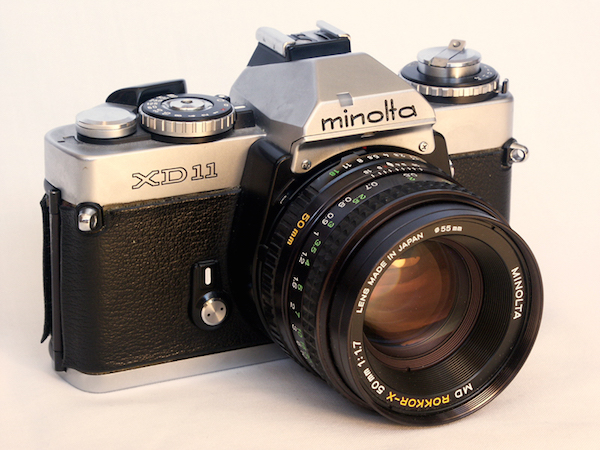Previously we introduced the seven disruptive design principles of every new thing. And, we shared an example of how information has been added to the motor car and transformed it from a mechanical beast to a fully-automated driverless vehicle. Today we want to share some of the other ways that information is transforming the design of things.
1 Static to Active
Traditionally, information products were static and passive because they were printed. For instance, newspapers, books, magazines and other printed matter. Everyone received the same copy of information and it was all fixed in place for you to read.
However, when we add digital information to a product we give it special powers. For instance, consider how a printed map is different from your GPS. Whilst the major piece of information, the location of the streets, is the same the way we interact and use this is very different. For instance, when using a printed map your first task is to find out where you are. Then, you need to find out where you are going and finally the best path to get there. A GPS will find these things for you. And, best of all, when you take a wrong turn, take a detour to avoid the tolls or take the scenic route the GPS will automatically adjust the path from where you are to where you want to finish up.
[Tweet “Four ways information transforms every new product #disruption”]
2 Isolated to Everywhere
I remember when I travelled through Europe in my younger days that I took two cameras with me. One was a big heavy SLR with a big zoom lens and the other was a small portable auto-focus camera. In the space of six weeks of travel I took the grand total of 6 rolls of film. On each roll of film there were 36 shots resulting in a total of 216 photos in six weeks. Today with my smartphone or my digital camera I can happily take that many shots in a single day because film cost and space is no longer an issue.
Further, given that almost everyone carries a smartphone, it means almost everyone is now carrying a camera too. Instead of a handful of photographers taking a handful of photos, we now have almost everyone taking a lot of photos.
Through the rise of small and cost-effective sensors we have effectively transformed our information collection in a similar way to the flood of photographs. For instance, we have millions of CCTV camera and sensors built into our cars that we are constantly gathering and farming information everywhere we go.
Image: Wikipedia
3 Separate to Integrated
If you can find a bookshop and you walked in to see what’s on the shelf you’d see a bunch of separate books all lined up together. And, if you picked up one book then you could only look at that one book and not the other books at the same time.
Compare this to the Internet. You can click on a page, like this one, and there are a bunch of links to other pages. For instance, on this page at the top of this article there are some links to previous posts, on the right hand side there are links to the categories showing other posts and at the top of the page are the menu button links to other pages. This points to the integrated and connected nature of the internet and digital media and information.
4 Closed to Shared
If you think way back to the Guilds of medieval times there were very protective of their techniques for making things. For instance, the first architects were masons building in stone. And, to protect their livelihoods they had a code (a bit like magicians) to protect their trade secrets. Companies still work to keep their trade secret too.
However, in the age of Wikileaks, crowdsourcing and Wikipedia, what one person or one group of people knows is sooner rather than later made available to everyone. This is the shared nature of digital information in the unfiltered world of the Internet.



